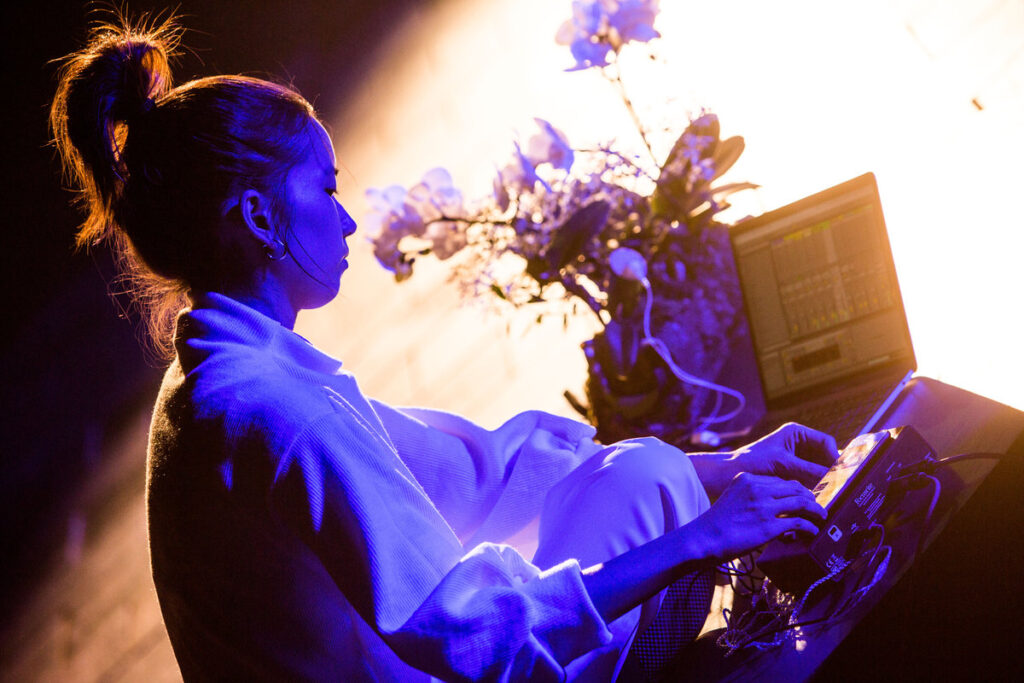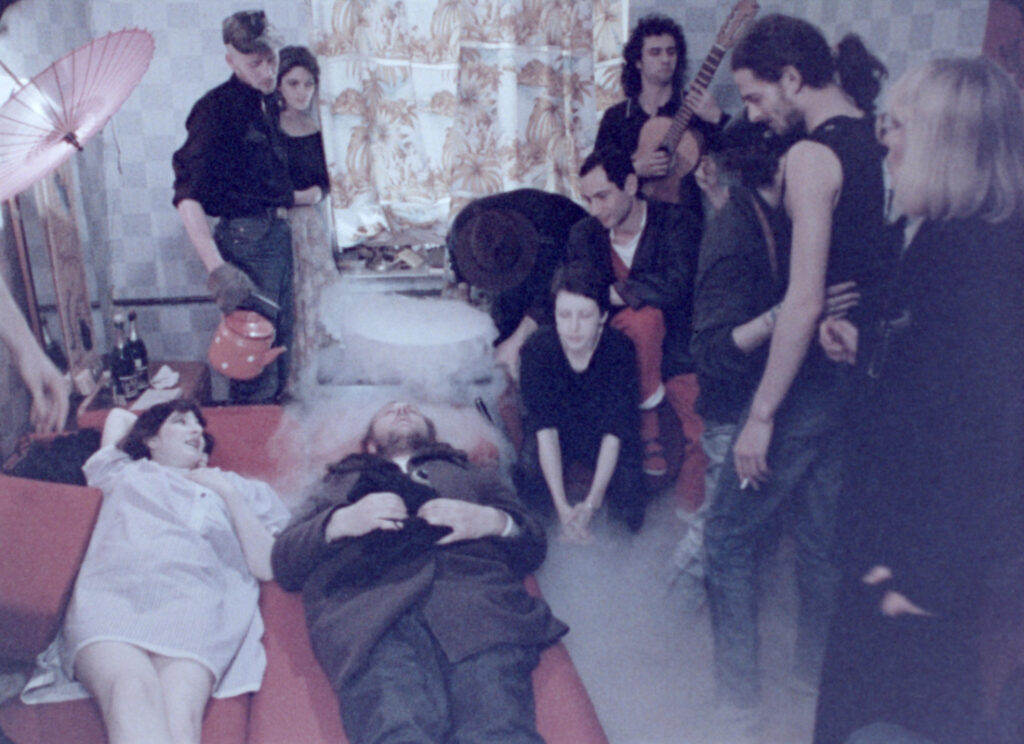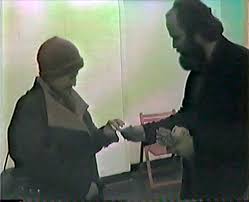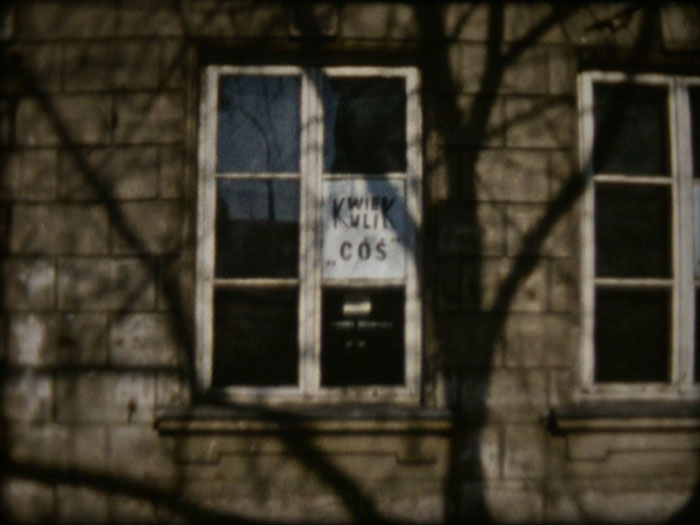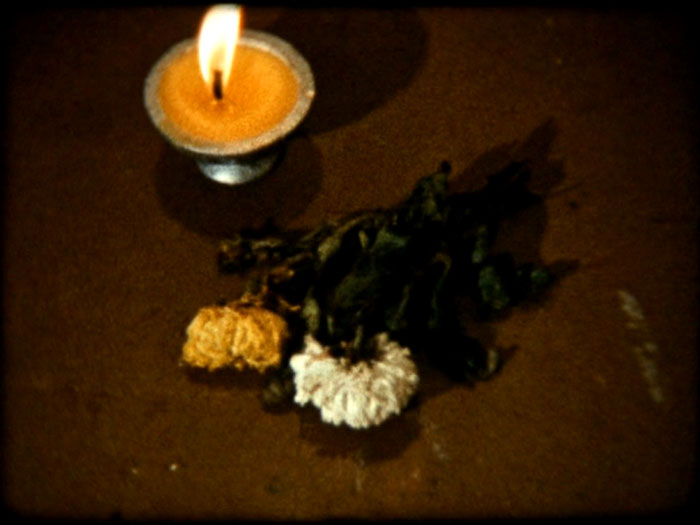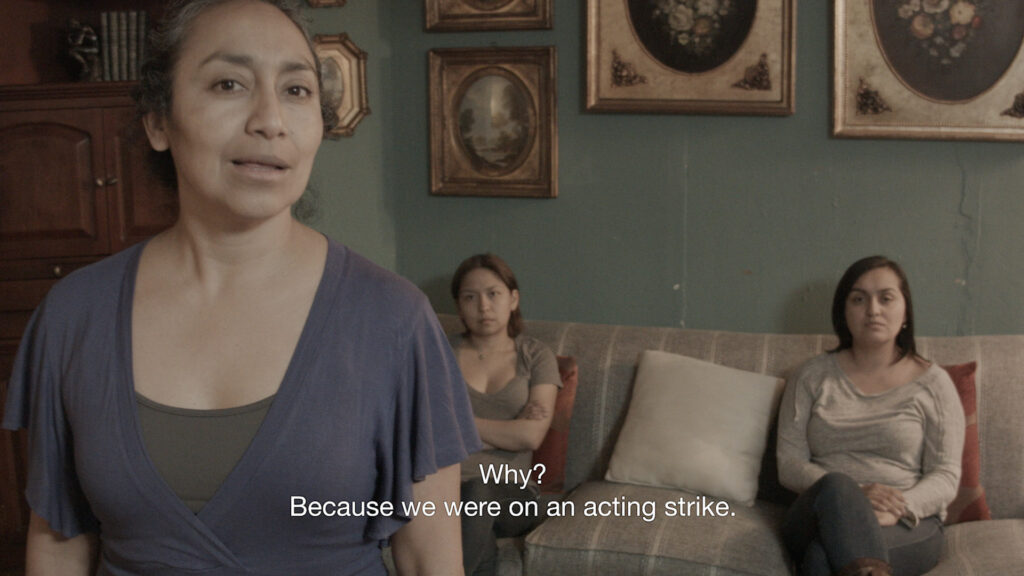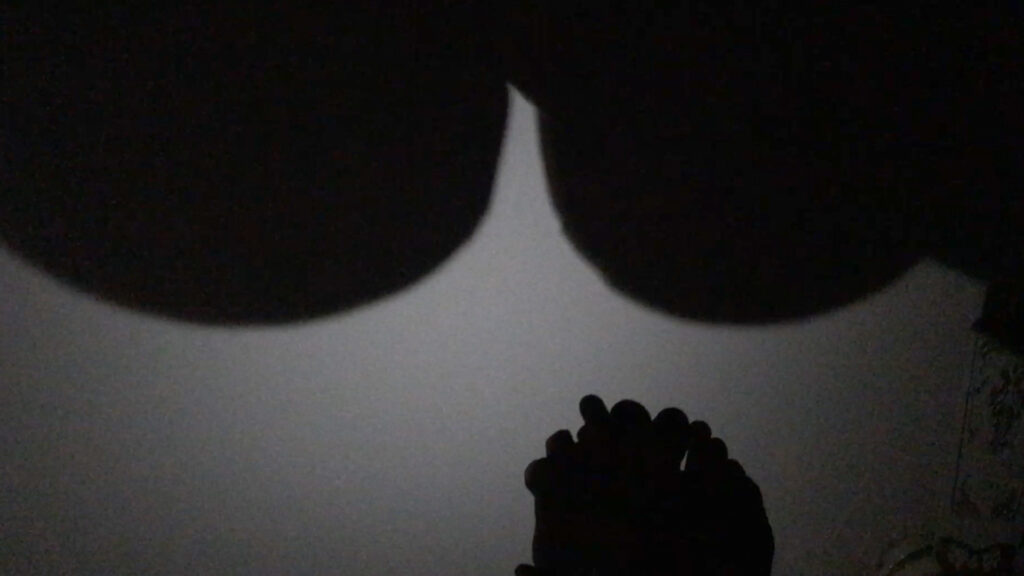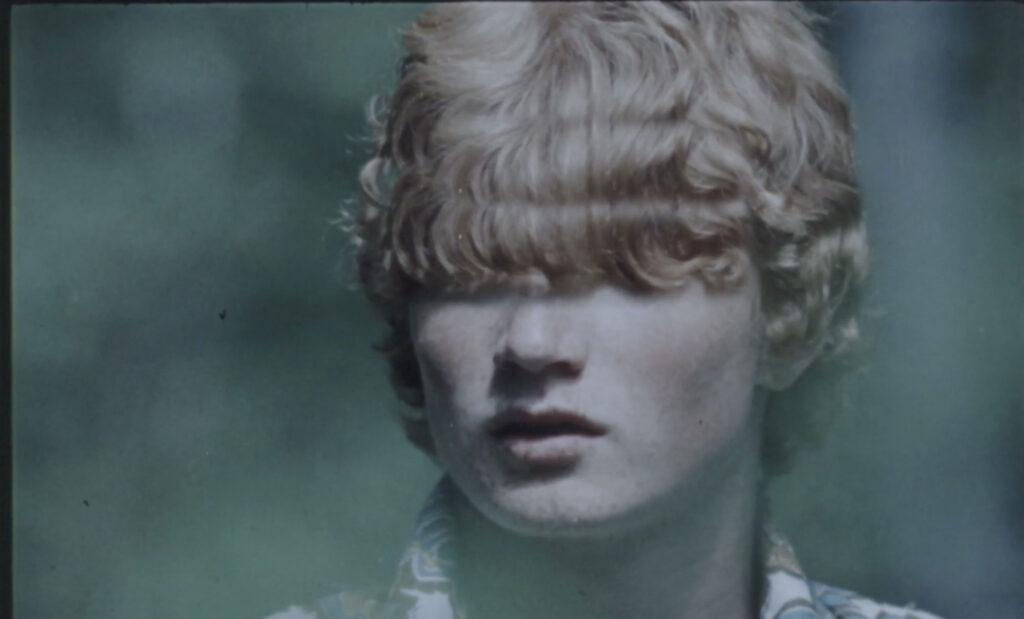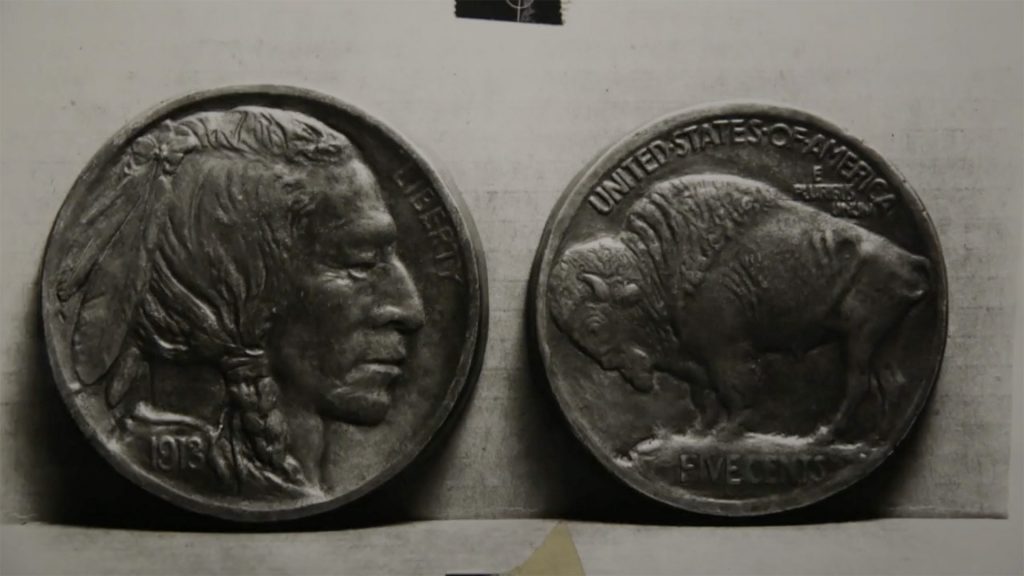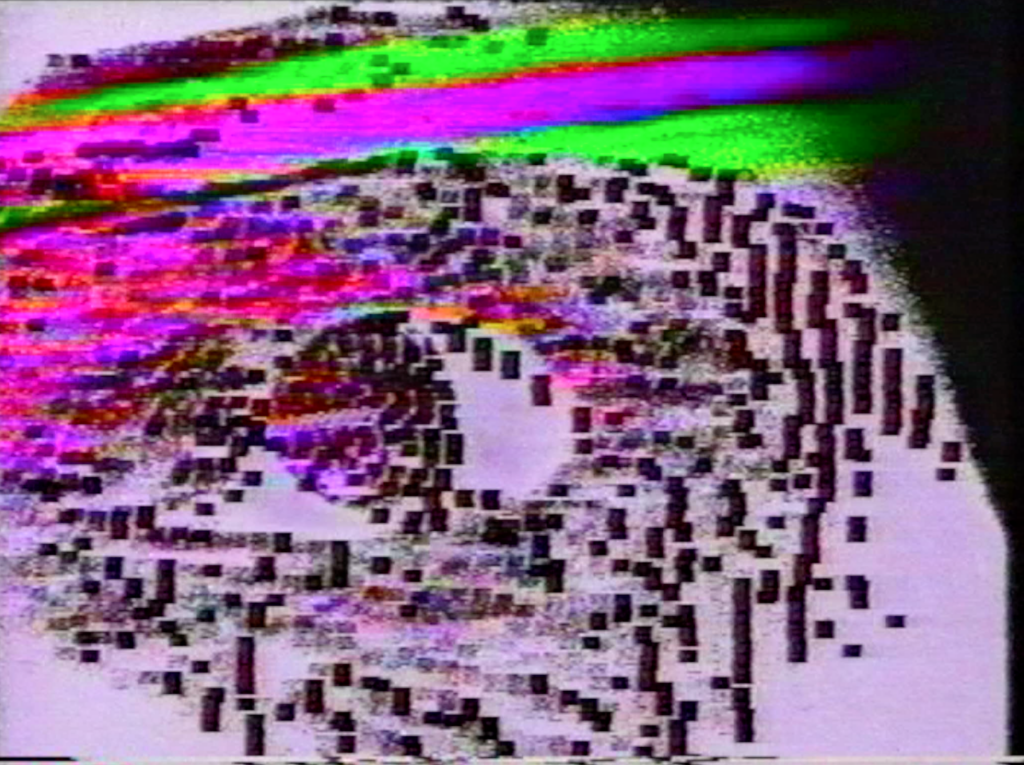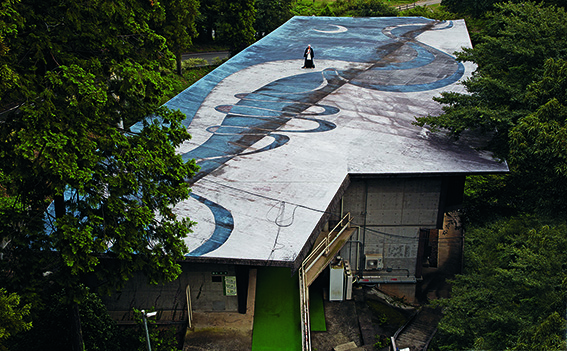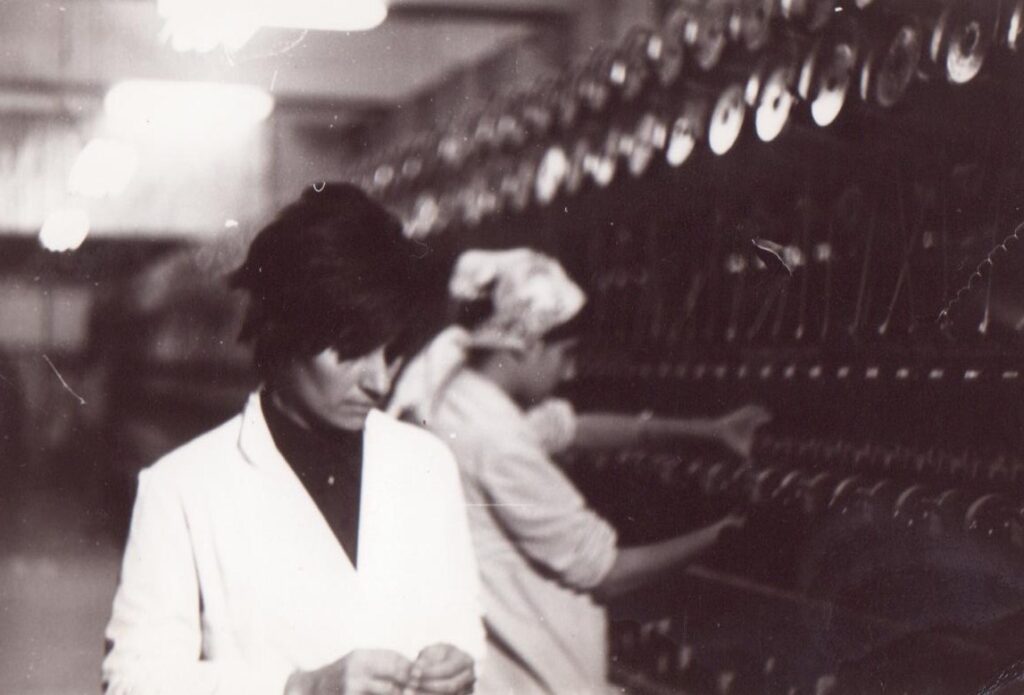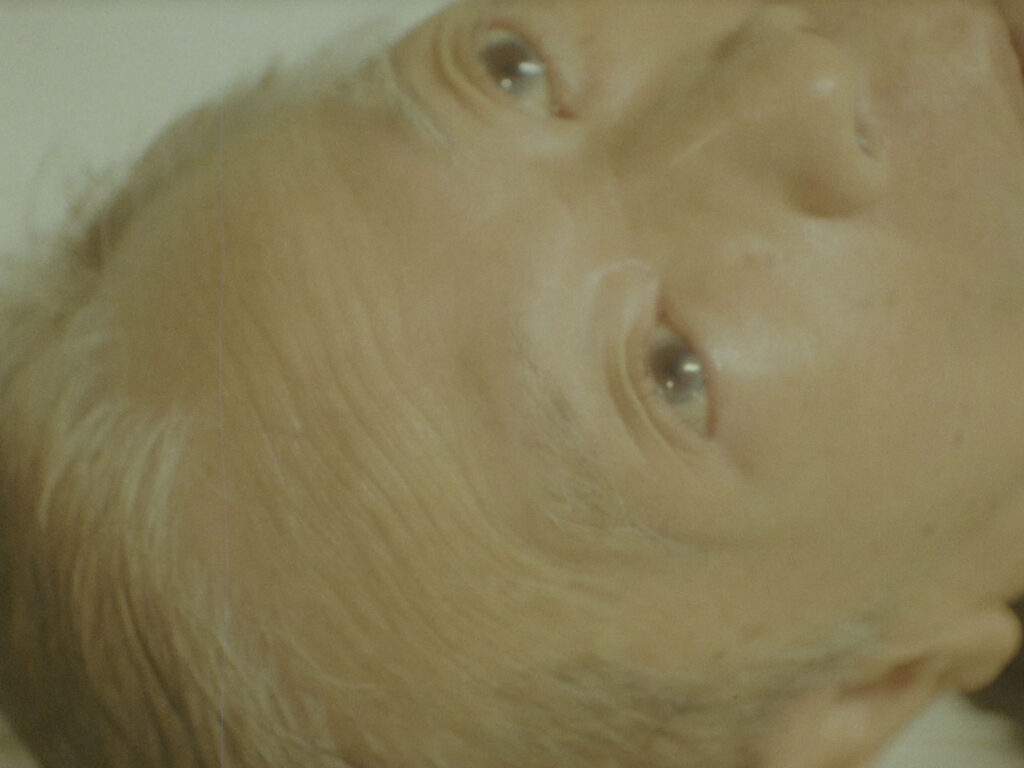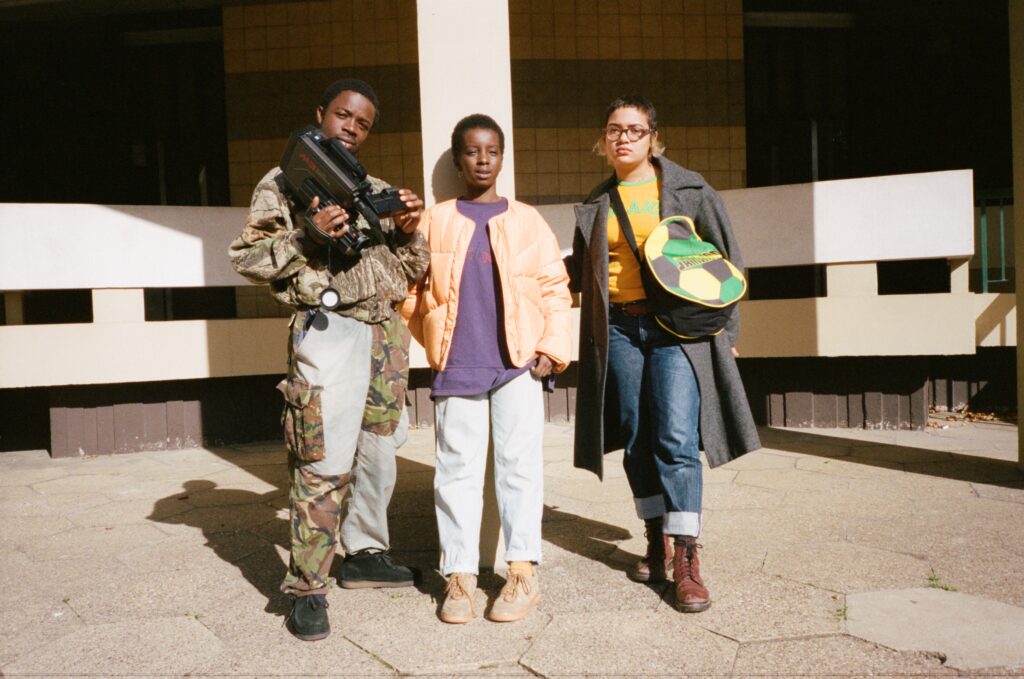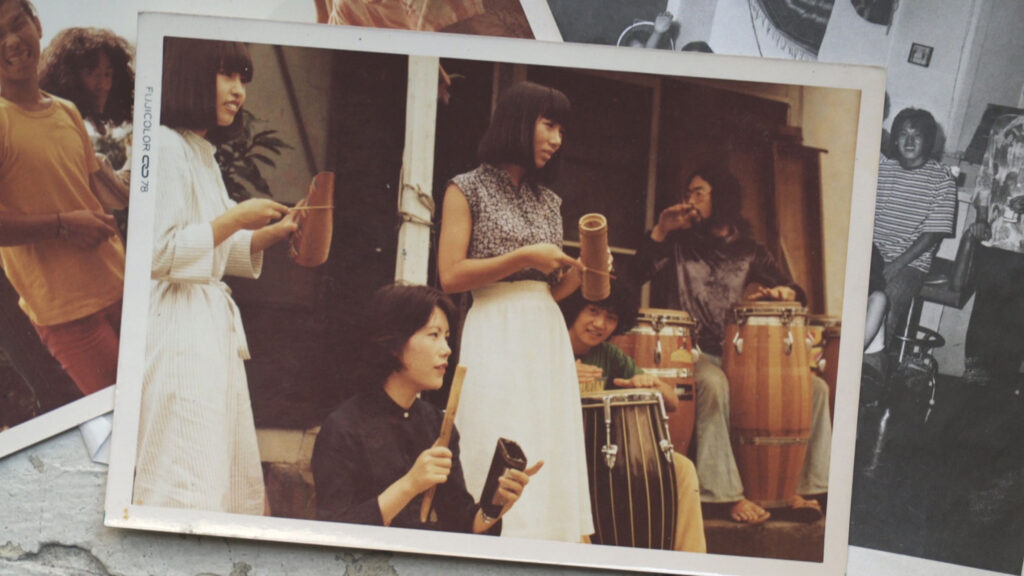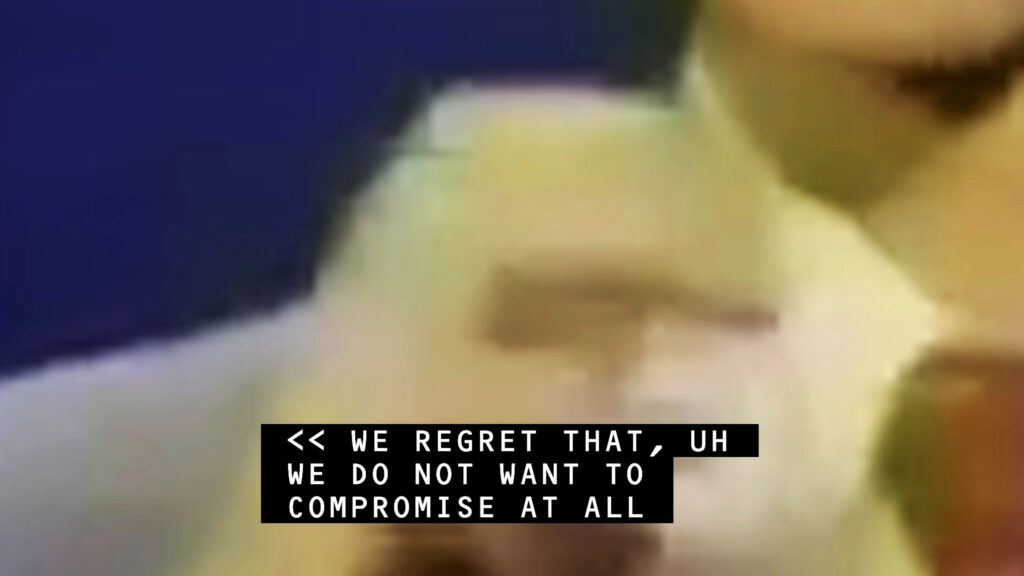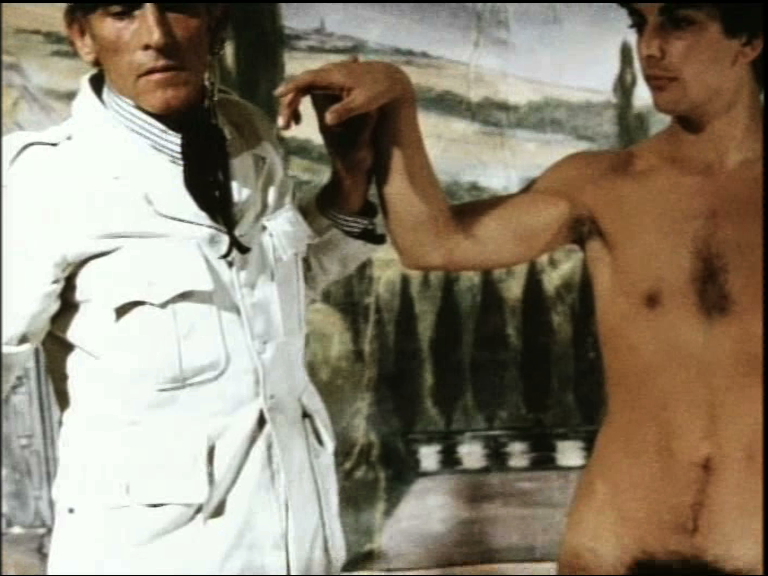A chance to meet some of the Filmmakers and Artists who are participating in BFMAF
Run Time
Sound artist Sheryl Cheung’s ‘Internal Motivations’ is a collective listening and improvisation session for energy circulation between people and their environments.
Run Time
Hear tales of what happens when the projector light beam goes outside into animistic spaces. In this storytelling session, George Clark, Sheryl Cheung, Xia Lin, Mary Pansanga, Julian Ross and others recount their recent experiments with projecting and performing at potent sites in proximity with spirits in Thailand and Taiwan.
Run Time
A distraught widow who has just buried her husband is about to destroy everything and everybody, but mainly herself. An exhausted man tries to find an escape from his daily chaos and routine in perpetual sleep. While their paths don’t really cross, the film implies they both suffer from the titular syndrome—a weakness, enervation, fatigue that is equally concrete and allegorical.
Interleaving the archive (Group Action with KK) is a performative lecture by Holly Argent that brings together a spoken semi-fictive narrative, photographic transparents on an overhead projector, a live video-feed projection and a screening of a number of films by Polish artist duo KwieKulik (Przemyslaw Kwiek and Zofia Kulik). Also known as KK, the duo were making work in Warsaw, Poland between 1971–87. Their political and often ephemeral work attempted to expose their situation as artists working under communist rule in the People’s Republic of Poland.
Run Time
This programme brings together Marwa Arsanios’ new work Amateurs, Stars and Extras or the labor of love with her earlier, much-lauded film Have You Ever Killed a Bear or Becoming Jamila.
Q&A with filmmaker Marwa Arsanios
Run Time
Films by Dani ReStack & Sheilah ReStack, Cooper Battersby & Emily Vey Duke, Adam Khalil, Zack Khalil & Jackson Polys, Anya Tsyrlina & Sid Iandovka and Heidrun Holzfeind
History is what’s happening. It’s constantly unfurling never static and always in flux. Rather than being resigned to it, it’s incumbent upon us to shape and mould it into the gooey, slimy substance that we want our world to resemble. The time is now, the place is everywhere, all at once…
Q&A with filmmakers Emily Vey Duke, Anya Tsyrlina & Sid Iandovka and Heidrun Holzfeind
Run Time
Christian Ghazi’s incendiary, avant-garde masterpiece A Hundred Faces for a Single Day ends with the send-off, “I don’t care when or how I will die, as long as there are armed men who will continue the march, shaking the earth with their uproar so that the world won’t sleep heavily over the bodies of the laborious, miserable and oppressed men.” Through this fiction-documentary hybrid film, Ghazi forged a strong critique of bourgeois society in Beirut during Lebanon’s Golden Age (which would end in 1975 with a gruelling and protracted civil war). An essay on labour, class, social relations and resistance, Ghazi considered the film his “manifesto on cinema”, a powerful and polemical work that reaches back to the early decades of film experimentation while pioneering radical techniques in multivalent sound, disjunctive montage and an embedded perspectives on direct action.
Selected by Artist in Profile Marwa Arsanios, who will introduce the film
Christian Ghazi’s incendiary, avant-garde masterpiece A Hundred Faces for a Single Day ends with the send-off, “I don’t care when or how I will die, as long as there are armed men who will continue the march, shaking the earth with their uproar so that the world won’t sleep heavily over the bodies of the laborious, miserable and oppressed men.” Through this fiction-documentary hybrid film, Ghazi forged a strong critique of bourgeois society in Beirut during Lebanon’s Golden Age (which would end in 1975 with a gruelling and protracted civil war). An essay on labour, class, social relations and resistance, Ghazi considered the film his “manifesto on cinema”, a powerful and polemical work that reaches back to the early decades of film experimentation while pioneering radical techniques in multivalent sound, disjunctive montage and an embedded perspectives on direct action.
Selected by Artist in Profile Marwa Arsanios, who will introduce the film
Films by Miko Revereza, Ayo Akingbade, Daisuke Kosugi and Jenny Brady
Ricocheting from point to point, this might lead to discovering new people, ideas and forms of communication, breeching familiar spaces, close and far. Or is it perhaps the eternal return, reconnecting us with family, compatriots or community?
Q&A with filmmakers Miko Revereza, Ayo Akingbade, Daisuke Kosugi and Jenny Brady
Run Time
Lionel Soukaz is a pivotal figure in European queer cinema: a filmmaker, collaborator with queer theorist Guy Hocquenghem and organiser of the first festivals of Cinémas Différents in France. Combining the pop cultural ironies of Jack Smith and Kenneth Anger with protest cinema, his films target the norms of heterosexual and homosexual culture alike, calling for the end of identity and the free reign of desire. Writer/curator Paul Clinton presents two works by Soukaz with an illustrated lecture.
Run Time
The Halt is set in a phantasmagoric dystopian future where madmen control Manila after massive volcanic eruptions have plunged Southeast Asia into darkness. Berlin, Venice and Locarno award-winning director Lav Diaz’s latest film is a potent sci-fi epic. Holding a mirror to present-day despots and invasive surveillance, it concentrates power in the hands of a solitary young woman. Spinning a tale that urges recovery from collective cultural amnesia, The Halt is an immersive and truly one-of-a-kind experience.
Introduction by filmmaker Lav Diaz
There will be a 15 minute interval during the screening
The Meadow Mari are a Finno-Urgic ethnic group living on the left bank of the Volga River in central Russia, sometimes called ‘the last authentic pagans in Europe’. Their religion—Mari Paganism—is based on the worship of the forces of nature, and mass prayers are held in sacred groves at specific times according to the positioning of the Moon and the Sun. Mari were persecuted during the Soviet Union, but their faith has been given official status by the Russian government since the 1990s. However, some native religion believers contend that there is still a trend to Russify Mari culture and religion.
Perennial BFMAF favourite DJ HTSHELL returns to spin global funky sounds: blistering hotwave, sloppy disco workouts, anarcho-house anthems and Soviet floor-fillers. Edinburgh’s all-female DJ collective, MISS WORLD bring their party to Berwick: a musical beauty pageant of all sounds and genres.
Run Time
This new collaborative performance will assemble materials from the local environment with the artists’ personal archives, from a destroyed 35mm film of the mythic Naga serpent to studies of plant life.



